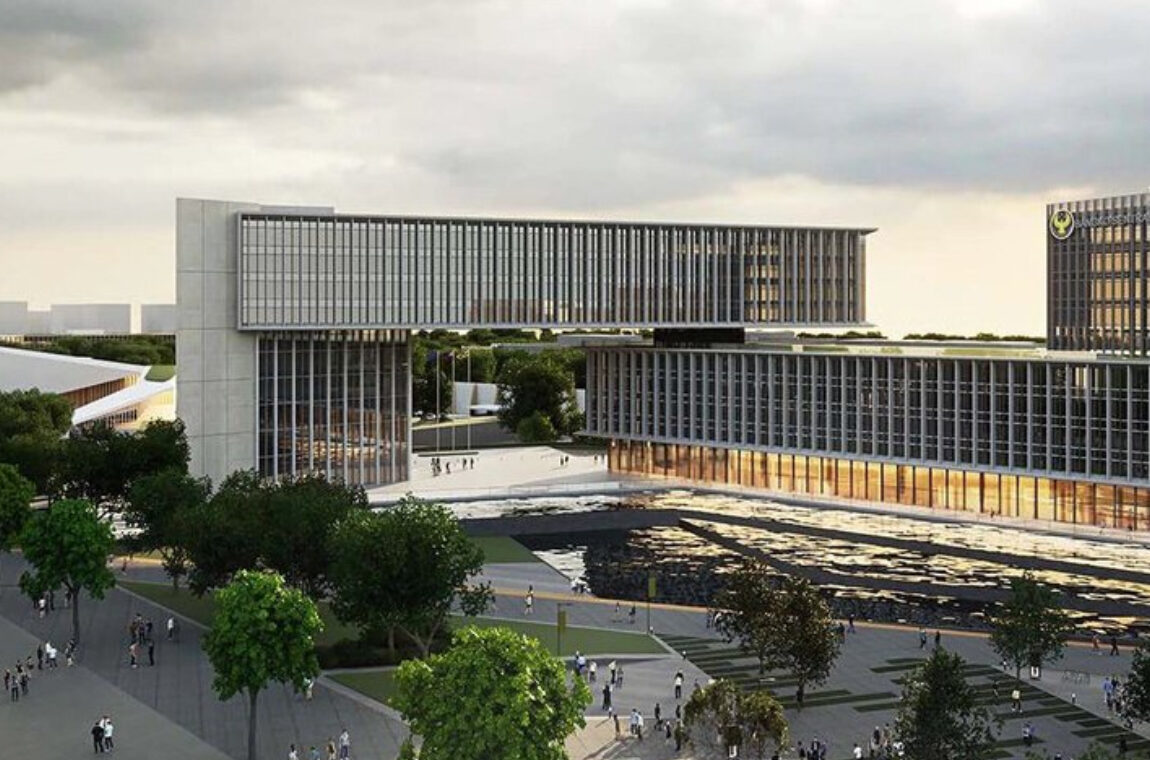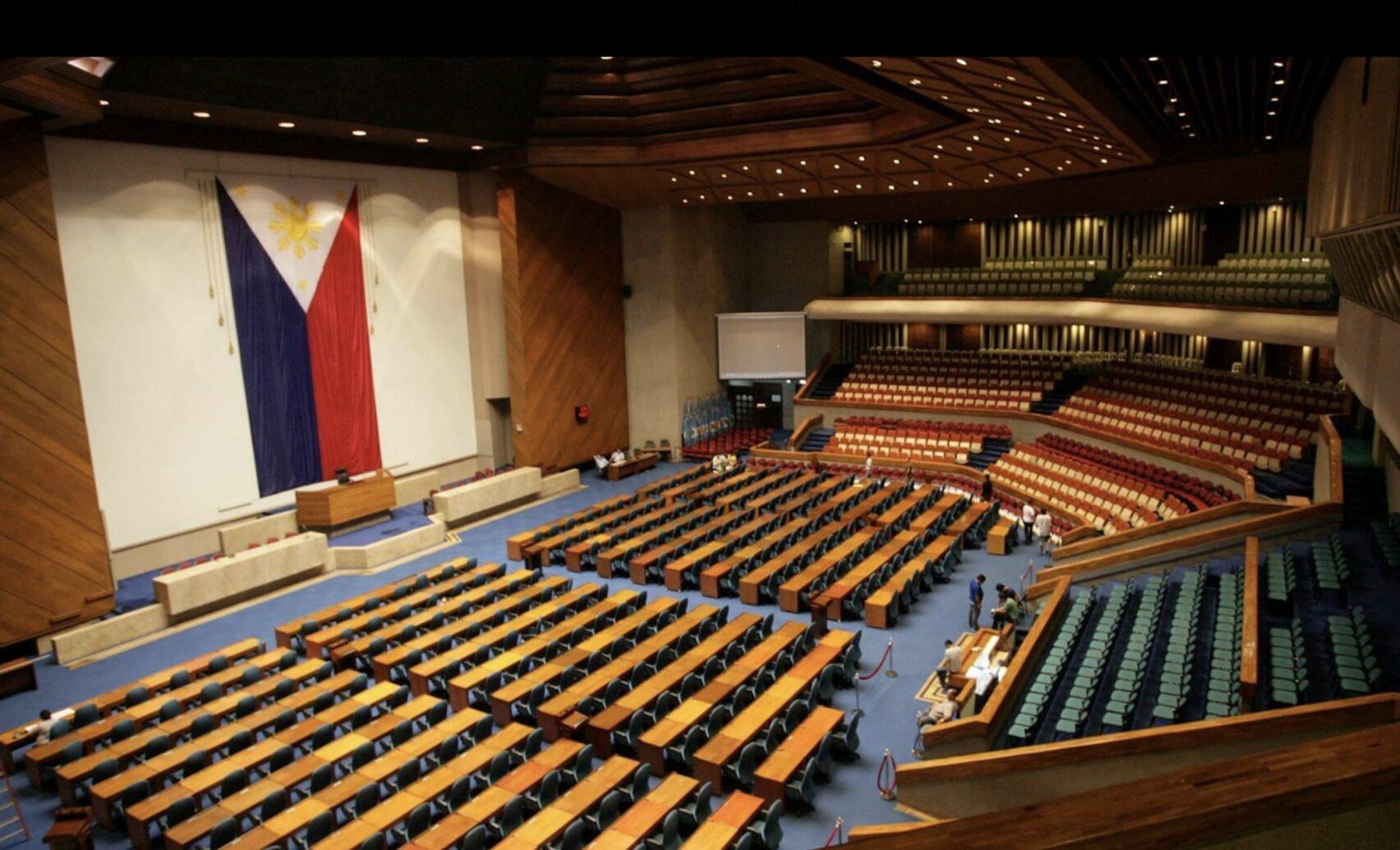A new plan from the Philippine government would offer free wireless Internet access to people across the country, but would limit annual data revenue prospects of the nation’s largest telecoms.
According to Bloomberg Business, the government plans to roll-out its free Wi-Fi services roughly half the country’s municipalities over the next few months, and has plans for full nationwide coverage by the end of 2016. The free service will be made available in public areas such as schools, hospitals, airports, and parks, and is expected to cost the government about 1.5 billion pesos ($32 million) a year.
Concerns for the proposal arose from Philippines’ two largest telecoms, Philippine Long Distance Telephone and Globe Telecom Inc. Both companies may need to make a value play to keep its customers.
“If subscribers move to using free public Wi-Fi, telecoms may need to lure them into getting higher-end services,” said Monchito Ibrahim, deputy executive director of the Information and Communications Technology Office in Makati City. “The government’s focus is on areas that absolutely don’t have access.”
The free connection has its limitations, Ibrahim said. Speed is capped at 256 kilobits per second, which is enough for basic Internet searches or access to Facebook.
The overall goal to expand internet access across the Philippines, especially in disconnected areas, will hopefully lower relatively expensive internet costs. According to research firm IDC, data costs an average of $18 for each megabit per second, compared with a global average of just $5. Broadband connectivity in the Philippines is only ahead of Afghanistan in Asia, IDC said.
Other nations are slowly following suit, with lawmakers in India’s Delhi territory recently proposing a similar plan to offer free Wi-Fi usage up to one gigabyte per month, eventually leading to free internet access in all government and private colleges. Singapore also started a free public wireless service in 2006 that now offers speeds of as much as 2 megabits per second–enough for phone calls over data network and video streaming, and already eight times faster than that planned in the Philippines.
Meanwhile, companies like Facebook and Google have developing projects to bring better connectivity to remote areas worldwide, said Fortune.
“The free Wi-Fi service would compel improvement of service of both telecoms,” said Lexter Azurin, research head at Unicapital Securities Inc. “Definitely, they might need more capex for that, which would impact earnings at the end of the day.”
“As more people get into the data traffic, they will understand and eventually appreciate the ease of using mobile Internet,” said Yolanda Crisanto, a spokeswoman at Globe, which in 2013 posted a 27 percent jump in first-half profit, with services such as free Facebook access. “That will induce usage.”
“While offering free Wi-Fi access is a step forward, what the country needs is a longer-term plan to improve Internet connectivity,” Senator Bam Aquino, head of the Philippine Senate trade and commerce committee, said last month. “What I’m looking for is really a major broadband plan.”






